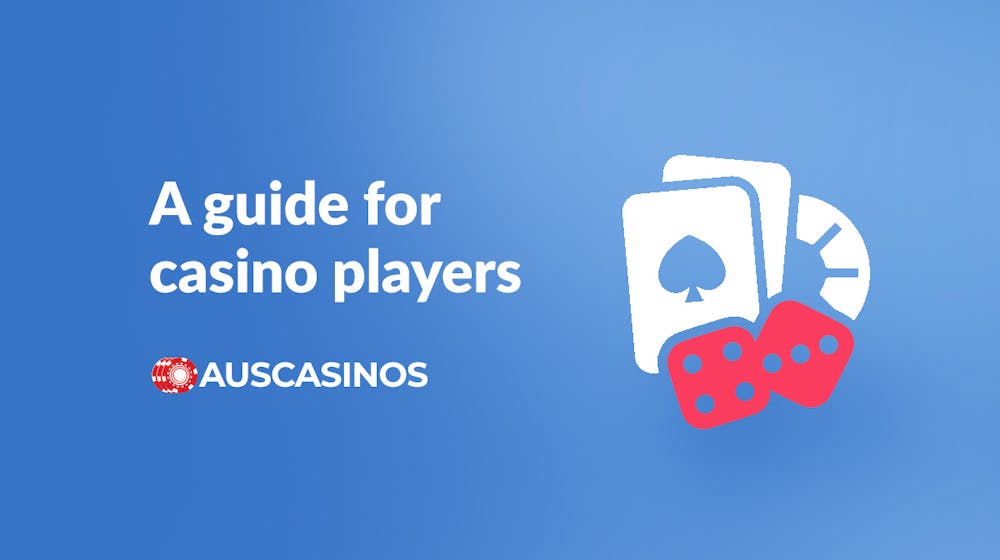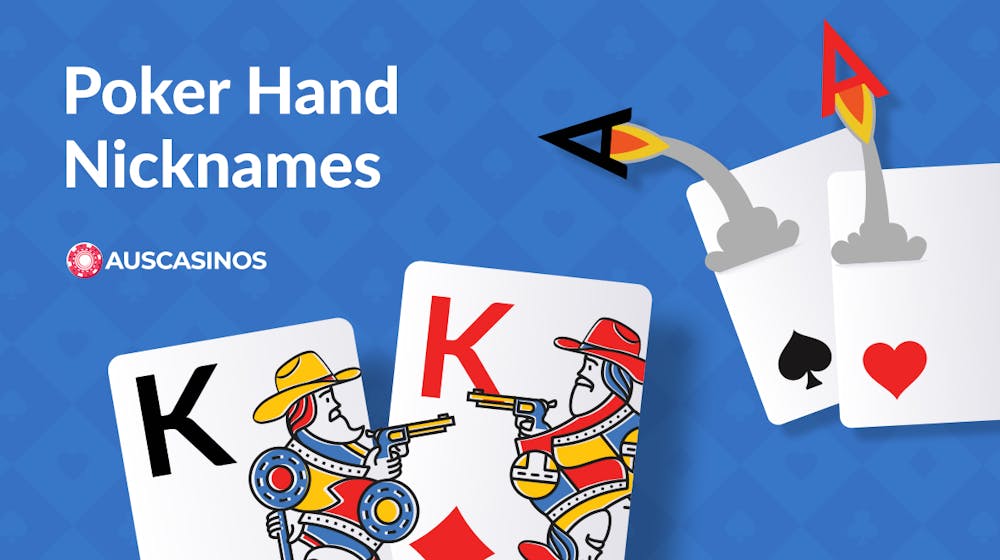How to Play Omaha Poker Like an Expert


Omaha Poker is an exciting and fast-paced variant of poker that shares similarities with Texas Hold'em but comes with its own unique twist. Originating in the early 1980s, Omaha has quickly gained popularity both at online poker sites and in live poker rooms due to the increased action and bigger hands.
One of its main differences is that players are dealt four hole cards instead of two, adding more potential combinations and strategic depth.
By the end of this guide, you'll understand the basic rules, how the betting rounds work, hand rankings, and how to choose the best starting hands. Whether you're new to poker or a Texas Hold'em player looking to try something new, this tutorial will get you ready to play Omaha with confidence.
Omaha Poker - 4 Key Takeaways
- Use of Four Hole Cards: In Omaha, you are dealt four hole cards, and you must use exactly two of them combined with three community cards to form your best hand—this is a key difference from Texas Hold'em.
- Betting Structure: Betting rounds follow the same structure as Texas Hold'em, but in Pot-Limit Omaha, the maximum bet is the size of the pot, making strategic betting crucial to controlling the game.
- Table Position Matters: Like in Texas Hold'em, your position at the table impacts your strategy. Acting later in the round gives you more information and a better chance to make informed decisions.
- Starting Hand Selection: Recognizing strong starting hands is vital in Omaha. Premium hands like A-A-K-K double-suited should be played aggressively, while speculative or trash hands are best folded to avoid unnecessary losses.
Omaha Poker Rules
At its core, Omaha follows similar principles to Texas Hold'em, but with one key difference: each player is dealt four hole cards instead of two. However, you must use exactly two of your hole cards in combination with three community cards to form your best five-card hand. This distinction from Hold'em can be tricky for newcomers but is essential to master.
Game Setup: The Button and Blinds
Before any cards are dealt, the game is set up with a dealer button, and the two players to the left of the dealer post the small blind and big blind (forced bets to kickstart the action).
The Button/Dealer:
The dealer button rotates clockwise after each hand, determining the dealer and the order of play.
Blinds:
The two players to the left of the button post the small blind and big blind, which are forced bets that initiate the action. The big blind is typically twice the size of the small blind, ensuring there is always money in the pot to play for.

Betting Continues Over the Following Rounds:
- Pre-Flop:
- Each player is dealt four hole cards face-down.
- The first betting round begins, with players having the option to call, check, raise, or fold, based on their starting hand.
- Betting continues clockwise until all players have acted.
- The Flop:
- Three community cards are dealt face-up.
- Another round of betting occurs, starting with the player to the left of the dealer button.
- The Turn:
- A fourth community card is dealt.
- A new betting round begins, continuing until all players have either folded or matched the current bet.
- The River:
- The fifth and final community card is dealt face-up, leading to the last round of betting.

Winning The Game: The Showdown
Players must use exactly two hole cards and three community cards to form their best five-card hand. The player with the highest-ranking hand at the showdown wins the pot.
Making a Hand
To make a winning hand in Omaha, you must use exactly two of the your four hole cards and and combine them with three of the community cards dealt face-up. You can only format a hand in Omaha poker by:
- Using 2 of your hole cards with three community cards.

Omaha Poker: The Basic Betting Action
The betting in Omaha is structured similarly to Texas Hold'em. Each round of betting offers players three main options:
- Call: Match the current bet.
- Raise: Increase the bet amount.
- Fold: Discard your hand and exit the round.
- Check: If no one has bet in the current round, you can pass the action without betting.
Betting continues clockwise, with each player making their move until all bets are equal.

Blinds in Omaha Poker

In Omaha, the use of poker blinds is quite similar to other variants like Texas Hold'em. The main purpose of blinds and antes in Omaha is to keep the game moving by ensuring there’s always something at stake in each hand.
The small blind is usually half the value of the big blind, and both are placed by the two players to the left of the dealer. These forced bets ensure that each hand starts with money in the pot.
- General Rule: The blinds rotate around the table after each hand, ensuring that all players contribute to the pot over time. There are no special rules for blinds or antes that differ specifically for Omaha compared to Texas Hold'em.
Table position in Omaha Poker
Poker positions greatly impact your strategy in Omaha. Players who act later in the betting rounds have an advantage, as they get to see what others do before making their move.
The first to act (early position) must bet without much information, while the last to act (late position) can make more informed decisions based on previous actions. The betting sequence moves clockwise, starting with the player to the left of the dealer.
| Table Position | Advantages | Disadvantages |
|---|---|---|
| Early Position (EP) | None, very little information on how others will play. | Acts first with no information, higher risk of uninformed decisions. |
| Middle Position (MP) | Some information from early position players, more flexibility in decision-making. | Still need to act before late position, limiting flexibility compared to them. |
| Late Position (LP) | Most information, allowing for more informed decisions and strategic control. | Acts last, fewer opportunities to initiate action but great for reacting. |
| Small Blind (SB) | Can see some player actions pre-flop before committing more chips. | Must act first post-flop, often with limited information. |
| Big Blind (BB) | Acts last pre-flop, offering the chance to see others’ decisions first. | Must act first in all post-flop betting rounds, a strategic disadvantage. |

Omaha Hand Ranking
Understanding hand rankings is key to winning in Omaha. From Royal Flush (the best possible hand) to high card (the lowest), knowing which hands are strong will help you make smarter decisions during the game. The hand rankings are the same as in Texas Hold'em, with the Royal Flush being the best and a high card being the weakest.
Just remember, Omaha requires you to use exactly two hole cards and three community cards to make your best five-card hand.

Winning an Omaha Poker Pot
In Omaha Poker, there are two primary ways to win a pot:
- Showdown: After the final betting round, if two or more players are still in the game, they reveal their hands. The player with the best five-card hand (using two hole cards and three community cards) wins the pot.
- Folding: If, at any point during the betting rounds, all other players fold, the remaining player wins the pot without needing to show their cards. This is where your bluffing could come in handy!
Omaha Poker Starting Hands

Recognizing the strength of your starting hand in Omaha is crucial for making the right decisions during the game. Below are examples of Monster, Good, Speculative, and Trash hands, along with suggested actions based on each hand’s potential.
Monster Poker Hands
- Example: A-A-K-K double-suited (two suited aces and kings).
- Action: Play aggressively pre-flop and post-flop. With strong cards that can create flushes, straights, or a set, you should consider raising or re-raising early to build the pot.
- Sample Play: You are dealt A-A-K-K double-suited. Pre-flop, raise to push weaker hands out and increase your chances of winning a large pot.
Good Poker Hands
- Example: A-K-10-10 single-suited.
- Action: Play with confidence, but watch how others are betting. These hands have solid potential, especially for straights and flushes, so you should often raise pre-flop, but remain cautious if the board doesn't hit your cards.
- Sample Play: You hold A-K-10-10 suited. If there is no major action ahead of you, raise pre-flop to apply pressure. On a favorable flop, continue betting aggressively.
Speculative Poker Hands
- Example: 6-7-8-9 unsuited.
- Action: Play cautiously and only continue if the flop improves your hand. These hands can hit big with the right community cards but carry higher risk. If the flop is favorable, call or raise, but fold if it misses.
- Sample Play: You have 6-7-8-9 unsuited. If the flop gives you straight possibilities, call to stay in the game, but fold if the flop is unhelpful.
Trash Poker Hands
- Example: 2-4-7-9 unsuited.
- Action: Fold most of the time. These hands have little potential to improve and are rarely worth playing. Only stay in if you’re in the big blind and no one raises.
- Sample Play: You are dealt 2-4-7-9 unsuited. Unless you're in the big blind and can see the flop for free, fold pre-flop to avoid wasting chips on a weak hand.
Omaha Poker Starting Hands Cheat Sheet
Use this chart to determine how to play your starting hand:

Betting in Omaha Poker
Betting is crucial in Omaha Poker, and understanding why, when, and how much to bet will help you control the pot, protect strong hands, and force opponents into tough decisions.
Why Bet?
In Omaha, you bet to either build the pot with strong hands or to force opponents with drawing hands to pay a high price to see the next card. Betting helps you protect your hand from being outdrawn while also applying pressure to your opponents.
When to Bet?
You should bet when you have a strong hand or a significant drawing hand (such as a flush or straight draw) with the potential to improve. Betting aggressively pre-flop with premium hands like A-A-K-K or A-Q-J-10 sets the tone early. Post-flop, you should bet when the board gives you a clear advantage, such as hitting top pair, two pair, or a strong draw.
How Much to Bet?
In Pot-Limit Omaha, you can bet anywhere from the amount of the big blind to the size of the pot. Betting the pot is a common poker strategy because it forces opponents with weaker hands to pay a higher price to continue. For example, if you're holding a monster hand post-flop, betting the pot helps build value and protect against opponents chasing draws.
Omaha Poker Variants
Now that we’ve outlined the fantastic traits that make Omaha poker so unique, let’s have a closer look at some of the variants of the game.
Pot-Limit Omaha (PLO)
Omaha Hi-Lo (Omaha 8 or Better)
Five-Card Omaha
Omaha Poker FAQ

Ava is our legal expert. She’ll guide you through the latest info about Australia’s complex online gambling laws and casino licences, so you can make sure you always play at safe, reliable and trusted casinos.
Read more about the author





